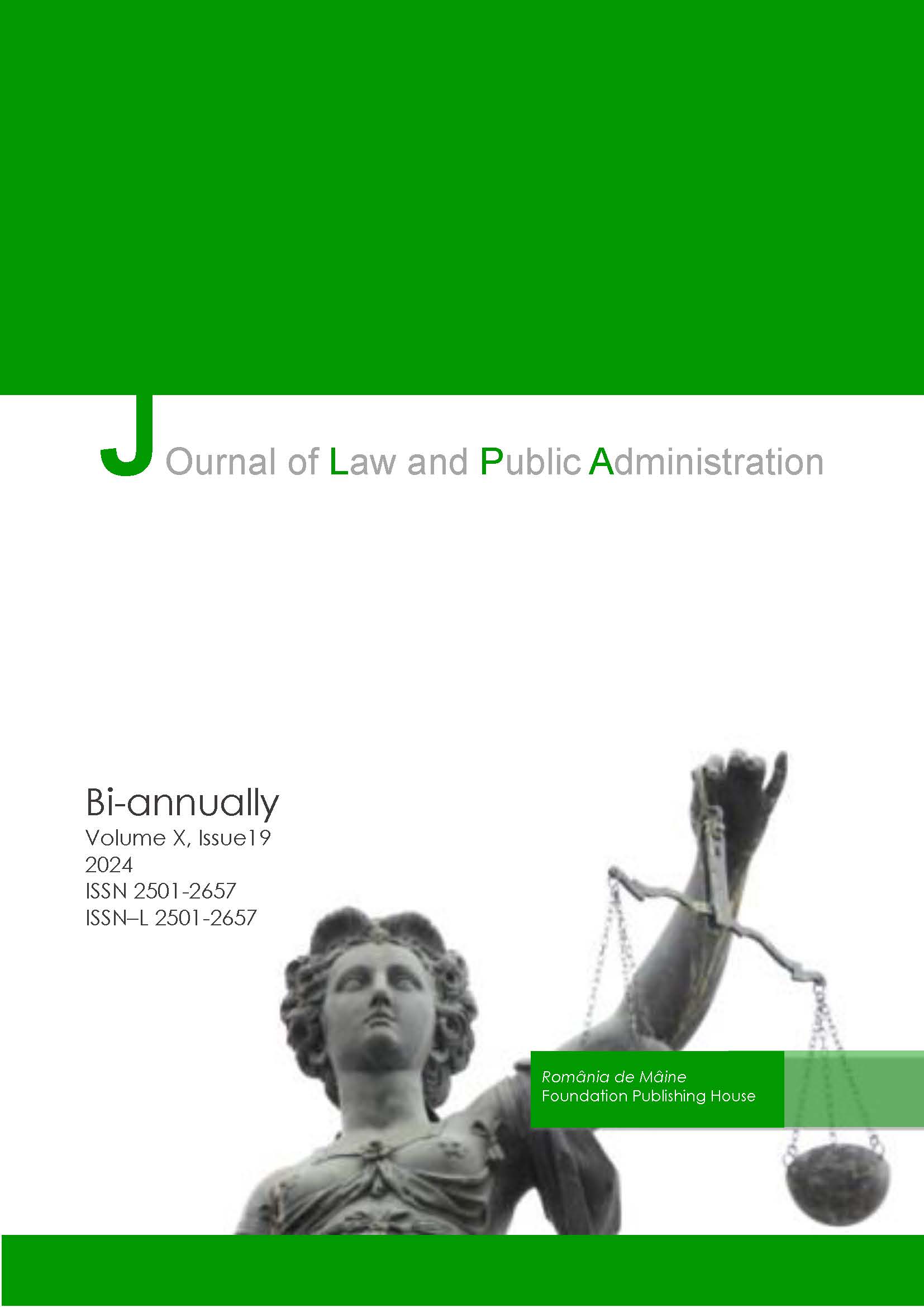The Experiment in Criminal Proceedings: Reasons and Requirements for Conducting It
The Experiment in Criminal Proceedings: Reasons and Requirements for Conducting It
Author(s): Vitalie Jitariuc, Oxana CiudinSubject(s): Law, Constitution, Jurisprudence, Criminal Law, Court case
Published by: Editura Fundaţiei România de Mâine
Keywords: experiment; conditions; prosecution; evidentiary procedure; evidence; prosecution body; experimental actions; planning; facts; events; circumstances;
Summary/Abstract: In scientific terms, the experiment is one of the research methods. As a cognitive method, it is the study of an observation and its relationship to other phenomena or events under conditions of artificial environmental change. Through the experiment, the phenomenon of research interest is distinguished and highlighted by a variety of other facts, events and phenomena. By experiment, we can identify exactly the causal link that interests us, which is the object of scientific research. A specific form of the implementation of the experimental method in criminal proceedings is the forensic experiment. Since the forensic experiment is primarily of a scientific nature, then consequently multiple general scientific categories should apply to it. In that context, the forensic experiment, like any other scientific experiment, has a cognitive character. Within this framework and with its help, the prosecution establishes the true essence of the facts and events that have taken place, which requires certain grounds and conditions specified by the law or which can be inferred from it by interpreting the rules of law.
Journal: Journal of Law and Public Administration
- Issue Year: X/2024
- Issue No: 19
- Page Range: 29-38
- Page Count: 10
- Language: English

